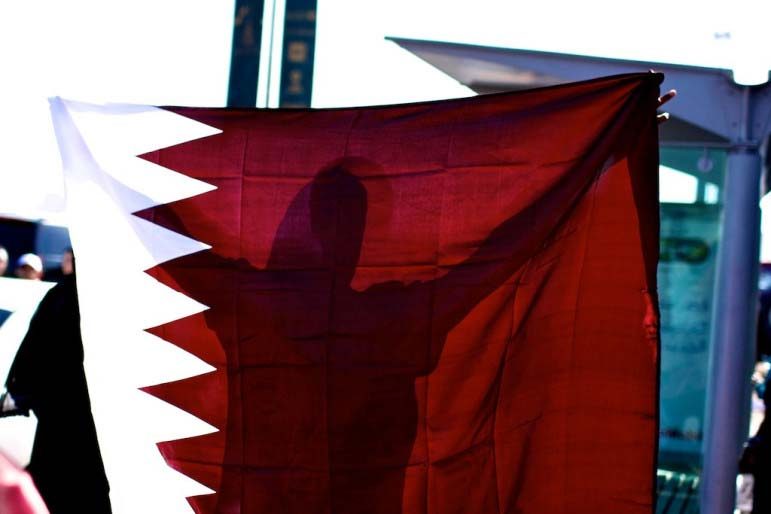
The Ministry of Interior has scheduled an afternoon press conference tomorrow to release its long-awaited changes to Qatar’s labor laws.
Revisions to the country’s much-criticized sponsorship (kafala) system have been promised by government officials for months, most recently by a senior MOI official last week.
Observers have been eagerly awaiting the government’s response to a report on the living and working conditions of blue-collar workers in this country that was submitted earlier this month by international law firm DLA Piper.
The company was hired by the Qatar government last fall in the aftermath of a series of critical articles by The Guardian newspaper alleging the abuse of migrant workers.
While the notification of Wednesday’s press conference did not hint at the substance of the pending reforms, human rights groups have long called on Qatar to reduce the control local sponsors hold over foreign workers.
Exit visas
One area that’s likely to be changed is the country’s exit permit system, which requires expats to obtain their sponsor’s permission before leaving the country.
Brig. Nasser Mohamed al-Sayed, director of the MoI’s Search and Follow-up Department, was quoted by Al Raya earlier this month as saying:
“Regarding cancellation of sponsorship and exit permit system, I can say that soon there will be good news for all citizens and expatriates, and that it will be for the benefit of all parties.”
Supporters of the current exit permit system in Qatar’s business community have justified the current rules on the grounds that it minimizes economic hardships caused by the unexpected departure of key employees.
They also say it prevents expats from taking out loans or writing company checks to themselves before fleeing the country.
Critics respond that the exit permit system is a blunt tool for dealing with these small number of cases and invites abuse, such as in the well-publicized case of French footballer Zahir Belounis, who was told by his sponsor that he could not leave Qatar until he dropped a lawsuit seeking unpaid wages.
“Abolition (of the exit permit system) is in (Qatar’s) best interest. There’s no reason to maintain it, and it’s fairly damaging to the country’s reputation,” Nick McGeehan, a researcher with Human Rights Watch, told Doha News.
He declined to speculate on the specific reforms being announced tomorrow, but has previously called for stricter enforcement of rules prohibiting employers from confiscating passports and recruiting firms charging illegal fees.
Other reforms sought by human rights advocates in recent years – which may or may not be address tomorrow – include:
- Giving workers the right to form unions;
- Increasing access to the justice system by hiring more translators and eliminating the fee required to hire an expert when filing a labor court case;
- Loosen restrictions on foreigners changing jobs;
- Improve living conditions in labor camps;
- Stronger safety regulations on construction sites;
- Establishment of a minimum wage; and
- Expand the labor law to cover domestic workers.
The government has already announced several steps to protect workers’ rights, including a new wage protection system, construction of two “labor cities” to house more than 100,000 workers in the Industrial Area, and hiring more multilingual labor inspectors and interpreters.
Thoughts?







